Getting a residential mortgage can feel overwhelming, especially for first-time homebuyers. With complex financial terms, a range of mortgage products, and long approval processes, it’s easy to get confused. Many buyers aren’t fully aware of the differences between fixed and variable rates, pre-approval vs. pre-qualification, or how much they can realistically afford.
This blog is here to simplify the home-buying journey. From understanding what a residential mortgage is to how to choose the right lender, we break it all down in a way that’s easy to follow.
Understanding Residential Mortgage
A residential mortgage is a form of loan employed by individuals to buy a house or residential property. In return for the loan, the property has a legal claim (or lien) held by the lender until the mortgage is repaid in full.
Mortgages usually entail a down payment (typically 5-20% of the property’s value) and fixed monthly payments made over a specified period, for example, 15, 20, or 30 years. You make payments toward both the principal (the amount borrowed) and the interest.
Why Mortgages Confuse Many:
- Jargon and legal language.
- Ambiguous eligibility requirements.
- Many types of loans and interest-rate plans.
- Myths regarding approval and affordability.
When you purchase a house with a mortgage, you’re not just taking out a loan; you’re making a long-term financial commitment that impacts your budget, credit report, and way of life.
The Residential Mortgage Application Process
Pre-qualification vs. Pre-approval
- Pre-qualification: A rough estimate of how much you can borrow based on self-reported financial data. It’s fast but non-binding.
- Pre-approval: A more official process in which the lender checks your income, assets, and credit. It provides you with a more realistic sense of your budget and makes you a better buyer in the eyes of sellers.
Important Documents You’ll Require
- Documentation of income (pay stubs, T4s, or tax returns).
- Bank statements.
- Credit record.
- Employment verification.
- Government photo ID.
Application Steps
- Check your credit rating and correct errors.
- Collect necessary documentation for verification.
- Select a lender or mortgage broker.
- Apply for a mortgage.
- Get pre-approved for a mortgage.
- Make an offer on a home.
- Close the loan and sign the final documents.
Choosing the Right Mortgage
The Role of Mortgage Brokers
Mortgage brokers are intermediaries between lenders and borrowers. They are able to:
- Compare several loan options for you.
- Negotiate better interest rates.
- Assist with paperwork and pre-approval.
They can save you time and money, particularly if you’re a first-time buyer with a mortgage.
Resources for Further Assistance
If you’re still not sure, here are some things you can do:
- Speak to a financial advisor: One-on-one advice can make a real difference.
- Use online mortgage calculators: These calculators can estimate your monthly payments.
- Take first-time homebuyer seminars: These are typically offered by banks or local real estate boards.
Wrap Up
Navigating the residential mortgage process doesn’t have to be intimidating. With the right guidance and preparation, you can make informed decisions that align with your financial goals and lifestyle.
Whether you’re trying to understand mortgage options, gather the right documents, or choose the best lender—knowledge is your most powerful tool.
Ready to take the next step with confidence?
Let DMG’s team of expert mortgage brokers walk you through the entire process, from pre-approval to closing—ensuring you get the best rate and the smoothest experience possible.
Contact Diverse Mortgage Group today, and let’s turn your homeownership dreams into reality.
Frequently Asked Questions
1. What credit score is required for a residential mortgage?
The vast majority of lenders want a 620 credit score or better, but lower rates accompany scores of 740 and above. Lower scores are permissible with higher down payments in some programs.
2. How much is my down payment?
A down payment is usually between 5% to 20% of the price for which you are buying. Lower percentages are permitted with government-backed loans.
3. Pre-qualified or pre-approved?
Pre-approval is better because it entails real verification of your finances. It places you in a stronger position when putting in an offer.
4. How long does the mortgage process take?
The process takes 30 to 45 days from application to closing, depending on documentation and property appraisal schedules.


